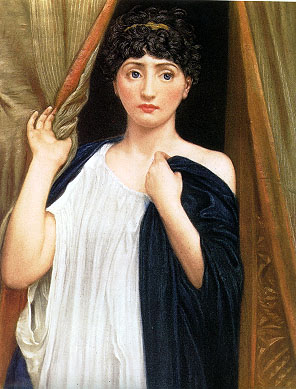
A brief overview of northrop Frye's myth of deliverance
I made it through a majority of Frye's myth of deliverance before i decided that it would probably take me another month to honestly sit down and focus on it (just being realistic). Northrop frye begins with the assumption of meaning and helps us to realize what the play really means, defining different types of comedies, etc. frye gives fairly general descriptions first of "problem plays" (realistic plays more concerned with serious social problems). These plays also illustrate the myth of deliverance that "it's all going to be ok, after all" as do typical comedies in which energies are released by forgiveness and reconciliation.
He also seems enthused with shakespeare's magical device, the bed trick (confusion of lovers in the dark...discussed a lot in class). Many pf Shakespeare's plays are retellings of folk tales, frye notes, taking on complex plots such as aristotles poetics, and the reversal and recognition (peripeteia and anagnorisis/discovery).
I took a lot of notes when reading this, but not having the boo in front of me (since i had to return it) makes it difficult for me to remember why i noted certain things. I am at a loss for words in a way, as i always am with frye, but will do my best to relay the rest.
Frye talks about the two poles of the arts and sciences: the social pole of origin and the opposite pole. Within the social pole the artist does things because society thinks it is important for them to do it. Tis reminds me of Shakespeare's problem plays because we are dealing with real life situations that are either mythologized or exaggerated to add to the comedy. For example, AMSND the lovers are loving and leaving. Granted the play becomes a fairy world and comedic, but yes, this does happen in real life. You love, you leave, and somehow everything connects. Th opposite pole was more difficult for me to come up with an example for, or honestly to understand. It desks with the inner laws of structure and making technical discoveries within it. I will have to look into this more.
Comedy has structure and like literature is a reflection or a mirror of social and historical concerns from which they arise. It does not necessarily reflect time, but the event or idea itself. With the mirror image comes illusions (Henry iv) in which only a "slice of real" is shown through illusions "inspired by fortune and victory".
I was disappointed that the idea of "the green world" was not explained further in this piece. There was a separation of the objective world and the subjective though. Ordinary experience and what we think is "the real" is associated with the objective, whereas illusion, love, hatred, emotions and dream correspond with the subjective. These two are connected through our "distortion" through emotion in which our perspective of "the real" changes. In Shakespeare, the real world contains the conventional ideas of reality, courts, order and justice while his fairytale world reflects magic, enchantment, unreasonable law and comic resolution.
Lastly, i loved that frye chose cressida's words to reflect the Way problem comedies work, it shows how human beings get into a mess requiring green world to intervene in order for resolution to be possible. Troillus and Cressida is also about the wooing of women largely apparent...
Cressida says-
"men concentrate on women only as long as they are out of reach; once the women are possessed, the men revert to their former interests." and it is a viscous cycle, i believe. Bitterness, hatred, love, the cyclical nature of relationships. It's all right their and it doesn't really take much to see it.
No comments:
Post a Comment